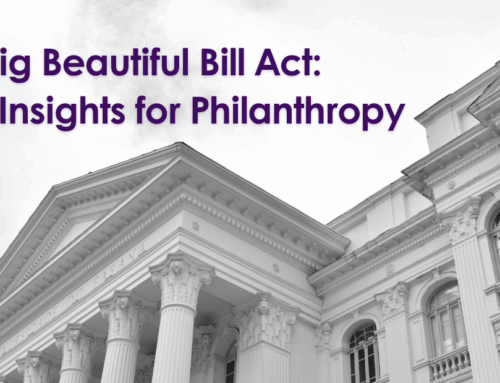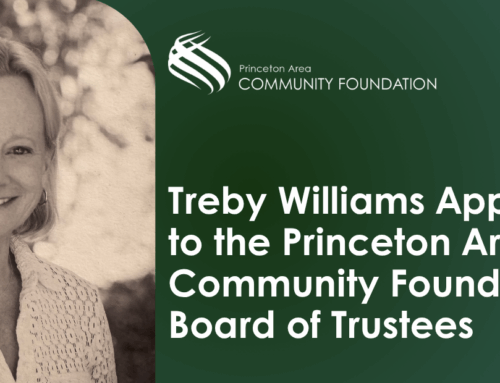“The greatest wealth transfer in modern history has begun,” according to a mid-2021 report in the Wall Street Journal.
We know many people are thinking seriously about their legacies.
And these legacies will be significant. As of March 31, 2021, according to data collected by the Federal Reserve, Americans in their 70s and older had a total net worth reaching almost $35 trillion. By 2042, an estimated $70 trillion will change hands, including an estimated $9 trillion flowing to charities, according to research conducted by Cerulli Associates.
For those thinking about leaving a legacy, here are some key points to keep in mind:
- A donor-advised fund at the community foundation costs nothing to set up, and ongoing fees are minimal.
- A donor-advised fund can be created quickly–within a week or even days. A private foundation, by contrast, requires establishing a legal entity through state and IRS filings.
- Donating hard-to-value assets to a donor-advised fund delivers better tax benefits (deduction of fair market value) than a gift of the same assets to a private foundation (deduction of cost basis).
- You can deduct a greater portion of AGI (g., cash deductible up to 60% of AGI) with a gift to a donor-advised fund than with a gift to a private foundation (e.g., cash deductible up to 30% of AGI).
- Ongoing operations of a donor-advised fund through the community foundation are very easy, with no tax filings required.
- Sometimes, both a private foundation and a donor-advised fund are useful tools to meet your charitable giving goals. Our team can help you and your professional advisors develop a structure that maximizes the benefits of each vehicle within an overall philanthropy strategy.
Finally, remember, the best time to set up your philanthropic plans really is right now. By being proactive, you have nothing to lose and everything to gain in ensuring that your charitable wishes are carried out.
To that end, the community foundation regularly works with individuals who wish to establish “Legacy Funds” to receive bequests after they pass away. Legacy Funds allows donors to describe charitable intentions, including naming advisors and suggesting nonprofits to receive fund distributions, to guide the heirs through the donor’s charitable legacy. A donor can name the fund, and even provide that the community foundation’s board of directors work with advisors to make grants and evaluate impact. A Legacy Fund agreement can be modified by the donor any time.
Read more about how some philanthropic families will support our region forever:





